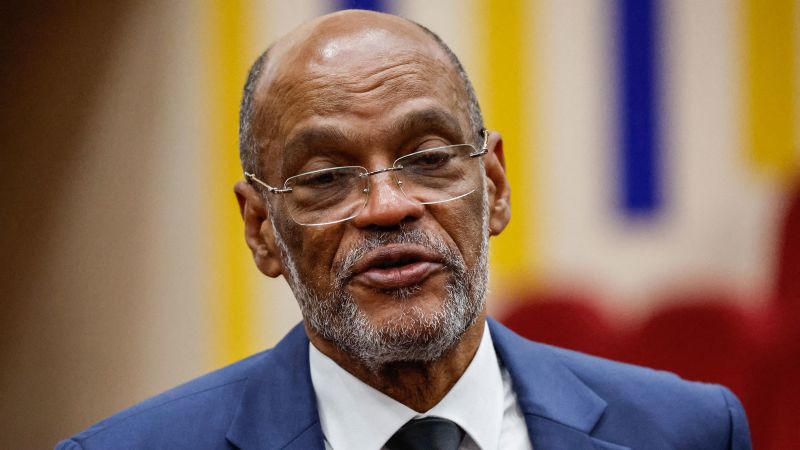
Haiti is in crisis as gangs threaten to overthrow the government. The prime minister, Ariel Henry, has been stranded abroad and cannot return due to security concerns. Gangs have surrounded the country's main airport in Port-au-Prince and are demanding that Henry resign or face a civil war. Despite international pressure for him to step down, Henry is refusing to do so.




